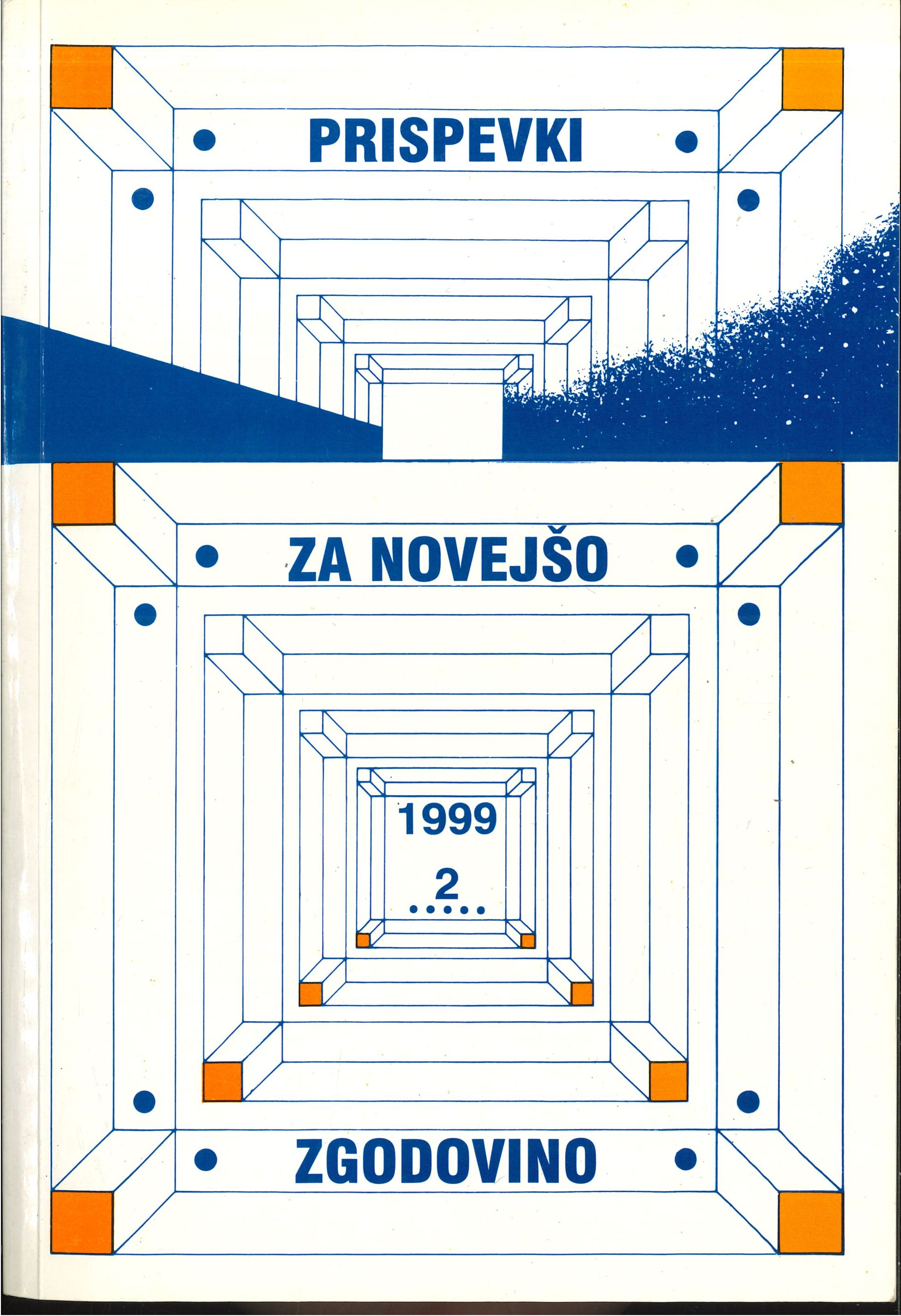The Role of Catholicism and the Church in the Liberal Camp in Slovenia (1890-1918)
Keywords:
liberalism, catholicism, ideology, political parties, SloveniaAbstract
Although the Slovenian Liberals always remained loyal to the Catholic faith, their liberal views - especially those concerning the socio-political dimensions of the faith and the Church - as well as their personal ambitions led them to openly attack the Church and its hierarchy in Slovenia. These attacks could be justified inasmuch as being a reaction to the attempts by the Church and the Catholic camp to achieve their political objectives with the so-called 'supernatural' means while claiming for themselves certain privileges to which they were supposedly entitled because of their Divine founder and their higher goals. On the other hand, these attacks were unjustified, inasmuch as being directed against the attempts by the Church and the Catholic camp to implement their ideo-political principles through political, social and other activities among the Slovenian people. Although the Liberals recognized and acknowledged the difference between the two types of activity, the opposition to the Church and its socio-political activity remained one of the fundamental characteristics of the classical Slovenian Liberalism and its representatives.
Downloads
Published
Issue
Section
License
Authors who publish with this journal agree to the following terms:
- Authors retain copyright and grant the journal right of first publication with the work simultaneously licensed under a Creative Commons Attribution License that allows others to share the work with an acknowledgement of the work's authorship and initial publication in this journal.
- Authors are able to enter into separate, additional contractual arrangements for the non-exclusive distribution of the journal's published version of the work (e.g., post it to an institutional repository or publish it in a book), with an acknowledgement of its initial publication in this journal.
- Authors are permitted and encouraged to post their work online (e.g., in institutional repositories or on their website) prior to and during the submission process, as it can lead to productive exchanges, as well as earlier and greater citation of published work (See The Effect of Open Access).


